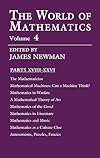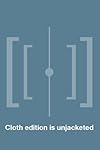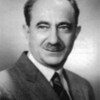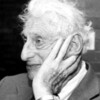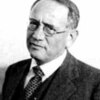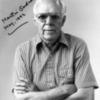James R. Newman (1907–1966)
Author of Gödel’s Proof
About the Author
Series
Works by James R. Newman
The World of Mathematics: A Small Library of the Literature of Mathematics from A'h-mose the Scribe to Albert Einstein (1956) 755 copies, 6 reviews
What is science? Twelve eminent scientists and philosophers explain their various fields to the layman (1961) 50 copies
the control of atomic energy 1 copy
Associated Works
An Introduction to Information Theory: Symbols, Signals, and Noise (1961) — Editor, some editions — 661 copies, 2 reviews
Tagged
Common Knowledge
- Canonical name
- Newman, James R.
- Legal name
- Newman, James Roy
- Birthdate
- 1907
- Date of death
- 1966-05-28
- Gender
- male
- Nationality
- USA
- Birthplace
- New York, New York, USA
- Place of death
- Chevy Chase, Maryland, USA
- Cause of death
- heart attack
- Places of residence
- Chevy Chase, Maryland, USA
- Education
- Columbia University (LL.B)
- Occupations
- lawyer
mathematician
mathematical historian
editor - Organizations
- Scientific American
New Republic
Members
Reviews
Lists
You May Also Like
Associated Authors
Statistics
- Works
- 36
- Also by
- 3
- Members
- 3,062
- Popularity
- #8,338
- Rating
- 4.0
- Reviews
- 21
- ISBNs
- 66
- Languages
- 10

